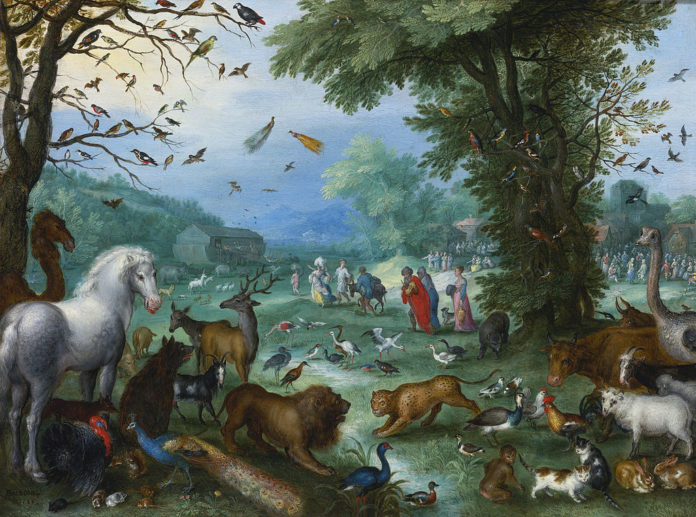Microbiologists have said that a microbial ‘Noah’s Ark’ is needed in order to protect global health
Scientists from Rutgers University in new Brunswick, Canada have suggested preserving beneficial bugs found in the guts of people living in some of the most remote communities on Earth.
They are concerned about the disappearance of some species of microorganisms. Their deficiencies can lead to a deterioration in the health of all mankind.
These disappearing microbes help us digest food, strengthen our immune system and protect against invading germs. Over a handful of generations, we have seen a staggering loss in microbial diversity
The move to save the microbes is driven by concerns that modern lifestyles are wiping out organisms that have been present in human intestines for millennia and are vital for good health. According to researchers, the disappearance of microbes had a negative impact on the human body, provoking the development of various diseases, and the weakening of the immune system.
Scientists have found an unusual solution to combat this problem of gut bacteria disappearance, they intend to put them in a kind of “Noah’s ark”. This will be a special kind of storage which will be a global microbiota vault. They suggest that it should be established as a matter of urgency.
The researchers argue that the microbiomes of people who live in developed world have been affected by frequent doses of antibiotics. Moreover altered diet of processed food has added to the overall effect being a loss in microbial diversity. The idea is to develop a collection of beneficial microorganisms collected from human populations around the world, focusing on people who possess microbiomes that have not been compromised by antibiotics, and who consume natural food and live closer to nature.

“We’re facing a growing global health crisis, which requires that we capture and preserve the diversity of the human microbiota while it still exists,” said Maria Gloria Dominguez-Bello, the lead author and a professor in Rutgers–New Brunswick’s Department of Biochemistry and Microbiology and Department of Anthropology. “These microbes co-evolved with humans over hundreds of millennia. They help us digest food, strengthen our immune system and protect against invading germs. Over a handful of generations, we have seen a staggering loss in microbial diversity linked with a worldwide spike in immune and other disorders.”
Since the early 20th century, diseases and disorders such as obesity, asthma, allergies and autism have increased dramatically, first across the industrialized world and more recently in developing countries. Scientific evidence increasingly points to disturbances to the microbiota during early life. This has resulted in metabolic abnormalities during development, as a key contributing factor. Treatment costs for obesity and diabetes have surpassed $1 trillion, leading the authors to compare worldwide microbial loss to climate change in terms of importance to humanity’s future.


